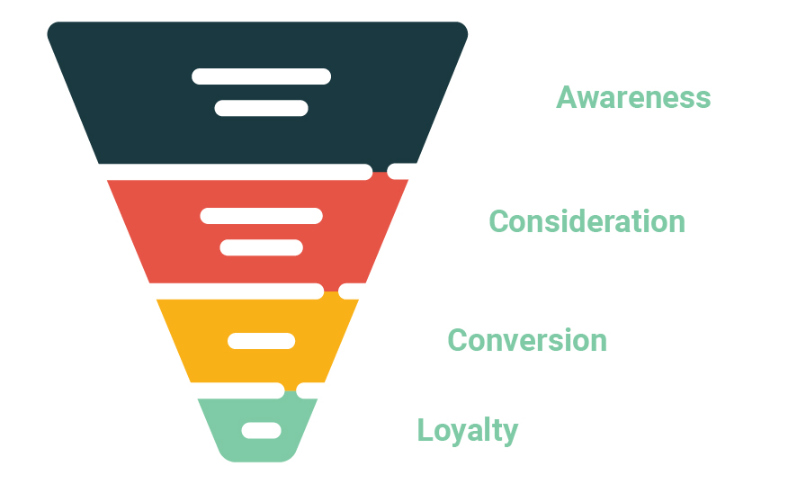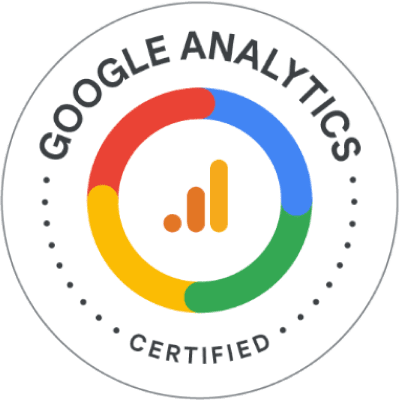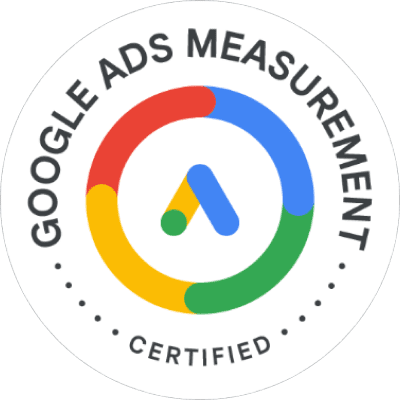Ever wonder why some small businesses seem to effortlessly attract the perfect clients, while others struggle to get noticed? The answer isn’t luck—it’s strategy. Smart business owners tap into consumer psychology by targeting high converting keywords that reach potential customers at the precise moment they’re ready to make a decision. Whether you run a catering service or an IT support company, understanding how to connect with your audience through the right keywords can transform your website from a digital brochure into a lead-generating machine. Ready to unlock the secret? Let’s dive in.

High Converting Keywords: The SEO Goldmine for Small Businesses
high converting keywords are search terms that bring in traffic ready to convert into leads or customers. Unlike PPC, where you pay for each click, optimising your site for high converting SEO keywords means you’re earning that traffic organically—and keeping costs down while growing your business.
For local and small businesses in niche industries, such as catering, travel, or IT support, these keywords allow you to show up when potential clients are ready to take action. If you’re a catering company, terms like “best wedding caterer [your city]” or “corporate catering near me” can attract SEO leads when they’re in the decision-making phase. For an IT company, phrases like “small business IT services London” or “IT support for startups” can capture attention from those who need immediate help.
Tapping into the Psychology Behind high converting SEO Keywords
Why do some keywords convert better than others? It all comes down to user intent. When people type something into a search engine, they’re either looking for information, considering their options, or ready to buy. high converting keywords target people who are further along in their decision-making process. These users already know what they want—they just need to find the right business to provide it.
To tap into this psychology, focus on long-tail keywords that address specific needs and show intent. While broad keywords like “catering” or “IT services” may bring in some traffic, they’re less likely to convert. Instead, use terms like “affordable corporate catering Sydney” or “IT services for law firms” to zero in on what potential customers are really looking for.
Optimising Your Website with high converting Keywords
Once you’ve identified your high converting keywords, the next step is ensuring they’re used effectively across your website. Here’s how to integrate them into your SEO strategy:
- Target your landing pages: Each service or product you offer should have a dedicated landing page optimised with a high converting keyword. If you run a small catering business, your “corporate catering” page should target keywords like “office catering Sydney” or “event catering packages” to match search intent.
- Use keywords in headings and content: Make sure your primary keywords are placed naturally in the title, subheadings, and body content of your pages. Search engines love content that’s structured well and easy to understand. For an IT company, blog topics like “Top 5 IT Solutions for Small Businesses” can engage potential clients while including keywords that bring traffic.
- Optimise meta tags and descriptions: Your meta title and meta description are crucial for attracting clicks. Use high converting keywords here to clearly communicate what your page is about and why a user should choose you over a competitor.
- Create local-specific content: For small businesses, especially in catering or IT, localisation is key. Target your city or region within your keywords to ensure you’re capturing nearby customers. Phrases like “best wedding catering in Manchester” or “IT support services Austin” will help you rank higher for local searches.
Creating Content that Your Audience Loves
Great SEO isn’t just about ranking for the right keywords; it’s also about creating content that resonates with your audience. Once you’re bringing the right people to your site, you need to make sure they stay, engage, and ultimately convert. Here’s how:
- Solve their problems: high converting keywords often indicate that the user is looking for a solution. For example, an IT firm might write a blog post titled “How to Secure Your Small Business Network in 5 Easy Steps.” For a catering business, a post like “Top Tips for Stress-Free Wedding Catering” could be the key to converting a browsing bride-to-be into a booked client.
- Make it actionable: Content that provides actionable steps or answers is more likely to keep visitors engaged. For a local catering business, offering free downloadable event checklists or pricing guides can help move them further down the sales funnel.
- Include clear calls to action: Every page on your site should guide users toward a next step, whether it’s booking a consultation, signing up for your newsletter, or requesting a quote. Be clear and direct in what you want visitors to do next.
Measure and Refine Your SEO Strategy
No SEO strategy is ever set in stone. It’s important to regularly measure how well your high converting keywords are performing and refine your approach. Set up tools like Google Analytics to track conversions, leads, and overall traffic.
If you notice certain keywords are driving traffic but not conversions, tweak your content, adjust your calls to action, or try targeting a more specific audience. SEO is a long-term strategy, and ongoing optimisation is crucial to achieving the best results.
The Takeaway
For small businesses, especially those in niche industries like catering and IT, high converting keywords are the key to driving qualified, ready-to-act traffic to your website. By understanding user intent, optimising your website, and creating content that engages and informs, you can harness the power of SEO to grow your business—without the high costs of paid advertising.
Ready to unlock the full potential of high converting keywords for your business? Reach out for a free SEO consultation, and let’s turn your traffic into loyal customers.







